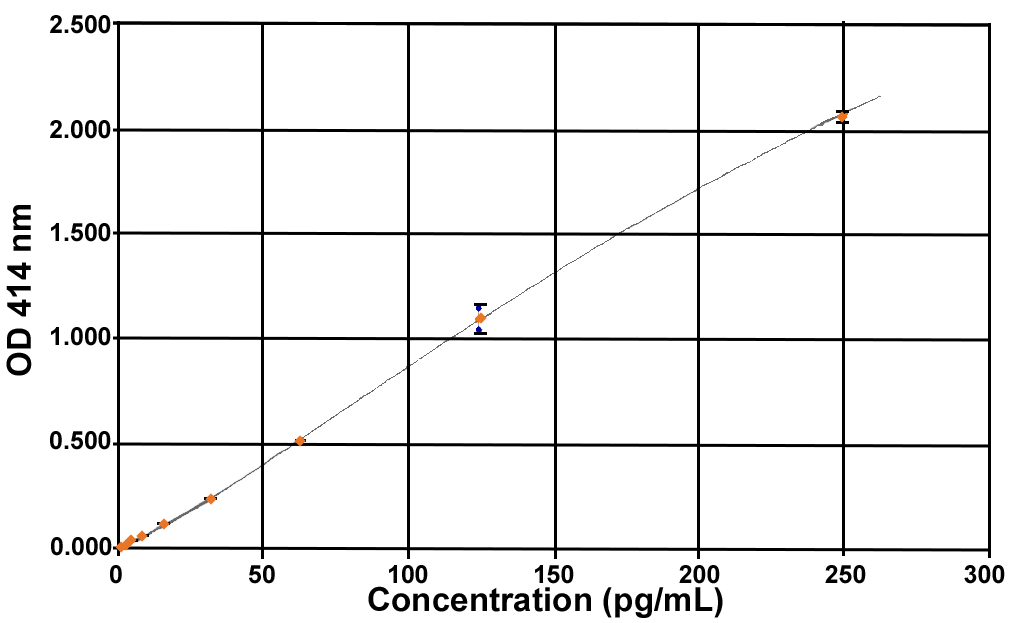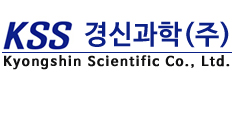Territorial Availability: Available worldwide directly through Bertin Bioreagent or your local distributor
Technical Warning: Check the Additional Items Required section of this kit booklet to verify if UltraPure Water (Milli-Q or equivalent) is needed for this assay
Product Overview:
Bertin Bioreagent’s expertise is to develop analytical tools for biomarkers. As such, in 2004, Bertin Bioreagent launched its first Ghrelin Biomarker assay kits, under the SPI-Bio brand name, as a result of its state-of-the-art R&D research teams. Bertin Bioreagent was the first company providing bioanalytical tools to assay Acylated and Non-acylated Ghrelin with very high sensitivity.
Ghrelin discovered in 1999, is fast becoming an endocrinology target of the millennium. Ghrelin, identified in rat stomach as an endogenous ligand for the GH secretagogue receptor, is mainly produced in stomach, but has been demonstrated in many other organs. In addition to GH-releasing properties and its orexant action, ghrelin could act as an hormone having effects on gastric motility (similarity with the peptide hormone motilin), acidic secretion, cardiovascular action, antiproliferative effects, pancreatic and glucose metabolism function, sleep... Ghrelin gene raises to mRNA prepro-ghrelin of 117 amino acids. This precursor is processed into ghrelin, 28 amino acids (human). Before being secreted, this peptide is octanoylated at Ser 3. This step is essential for biological activity. If the endogenous peptide appears directly related to feeding behaviour, the potential therapeutic importance of this hormone is not restricted to a regulator of food intake but also may be involved osteoporosis somatopaus, infertility and ovulation induction, and some cardiovascular diseases.
Size: 96 wells
Shipping: wet ice
Stability: Store at -20degrees; shelf life 2 years maximum after production
Application Media: Plasma, buffer|Blood collection on inhibitor then 1/5 dilution prior assay
Sample volume: 20 µL
Tracer: AcetylCholinesterase AChE
Detection Limit: 0.2 pg/mL
Standard Curve Range: 2-250 pg/mL
Custom Code: 3822000000
UNSPSC code: 41116104








